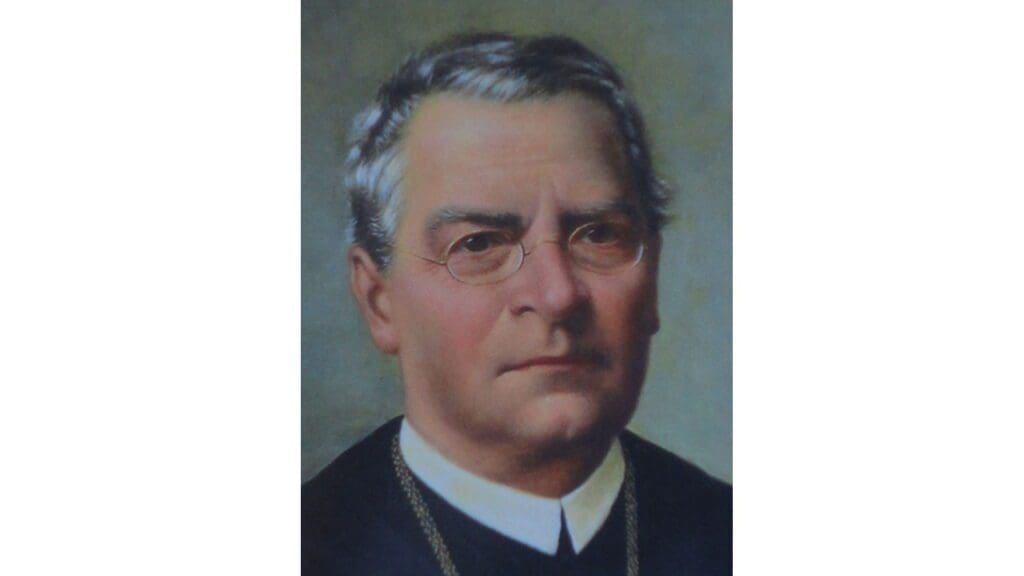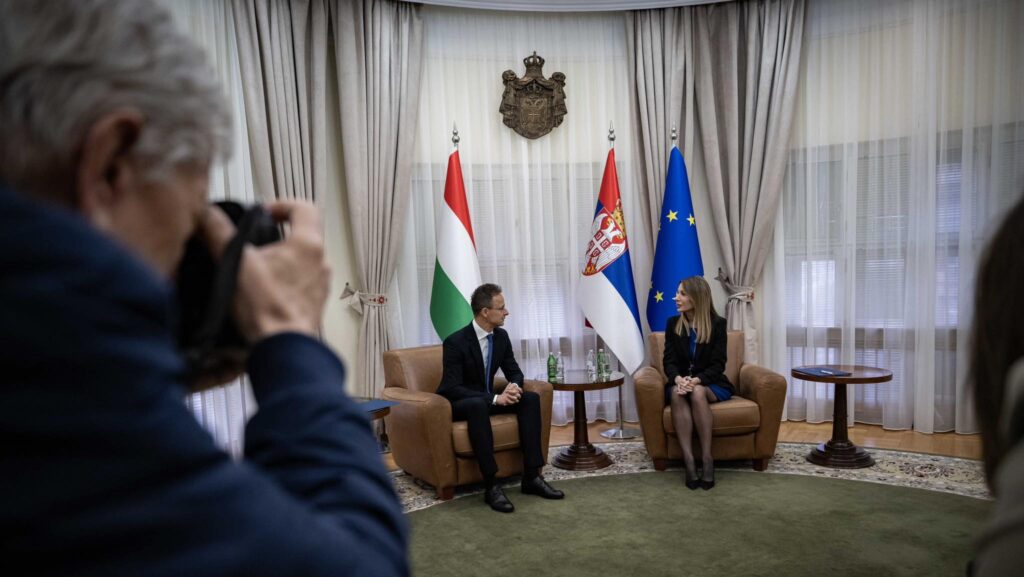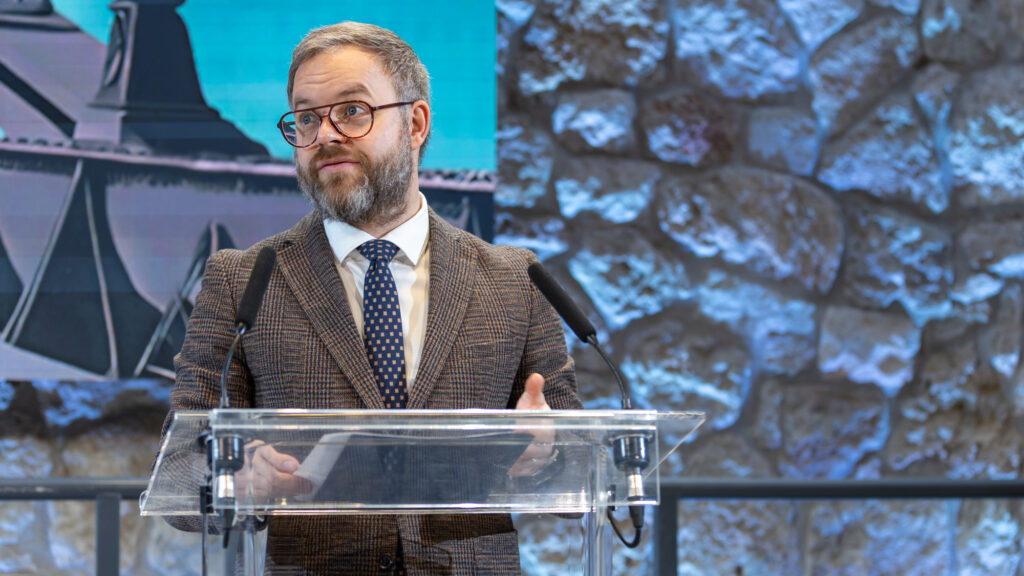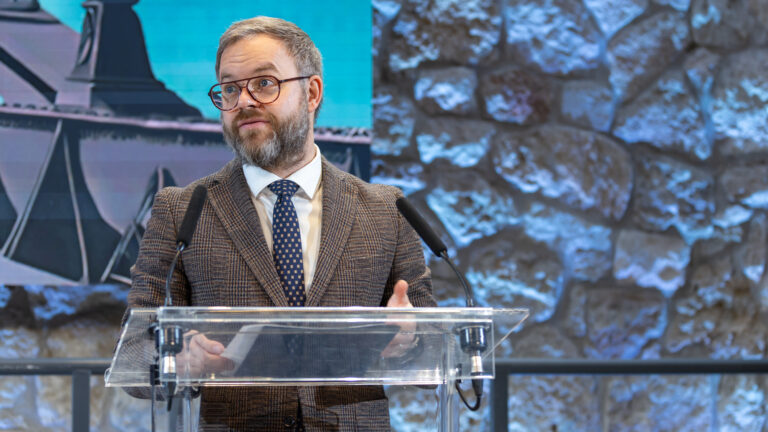At an award ceremony held on Thursday at the National Meteorological Service (OMSZ) in Budapest, Energy Minister Csaba Lantos reiterated that the government supports economic development, job creation, and families through its energy policy.
Minister Lantos discussed the challenges faced in recent years, including two significant crises, the COVID-19 pandemic and the war on Ukraine. While the country quickly overcame the post-pandemic crisis due to the economic development efforts that have been ongoing since 2010, the subsequent Russo-Ukrainian war had severe economic consequences, endangering energy security. At the same time, one must take into account the global geopolitical shifts, the new era of great power competition, and the effects of climate change as well, he added.
He emphasized that, in this situation, the government remains committed to its policy of supporting economic development, job creation, and families. To achieve this, the focus is on supply security, affordable energy prices, and reducing utility costs. Aiding families, the government continues to provide reduced utility prices,
making Hungary home to the cheapest natural gas and electricity prices in Europe.
Minister Lantos also noted that strengthening the country’s energy independence is an important goal, with energy security set to primarily rely on nuclear energy and renewable energy sources, especially solar energy in the future.
Praising OMSZ, the minister stated that the institution has evolved into a modern entity over its existence of more than a century and a half, and today belongs to the international forefront of meteorology.
Its work extends beyond data collection and information gathering, with a strong emphasis on analysis and participation in research and development.
OMSZ plays a significant role in supporting the development of the Hungarian economy, scientific research, and the transformation of the Hungarian energy system, Lantos added. He announced that the government will continue to support the institution’s operations, including advocating for the installation of fifty new meteorological stations in a proposal submitted to the European Union.
During the event, Guidó Schenzl, an Austrian-born Benedictine monk and the first director of OMSZ, born 200 years ago today was commemorated. Schenzl was the head teacher of the Buda Lyceum (now Toldy Ferenc Secondary School), where he established a meteorological observation station and introduced precise noon time signals, initially using gunfire.

At the event, two Guidó Schenzl Awards, four ministerial certificates of recognition, and four Pro Meteorological Commemorative Plaques were presented.
Related articles:
Sources: Hungarian Conservative/MTI








